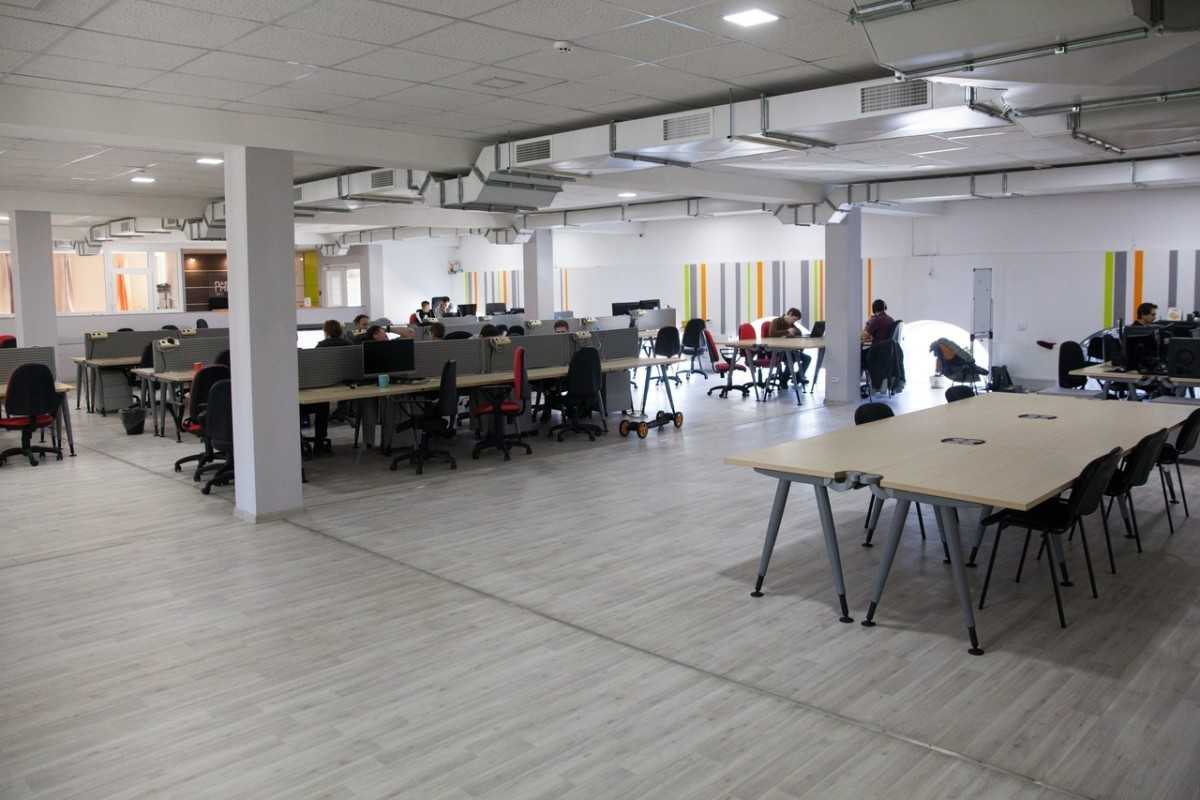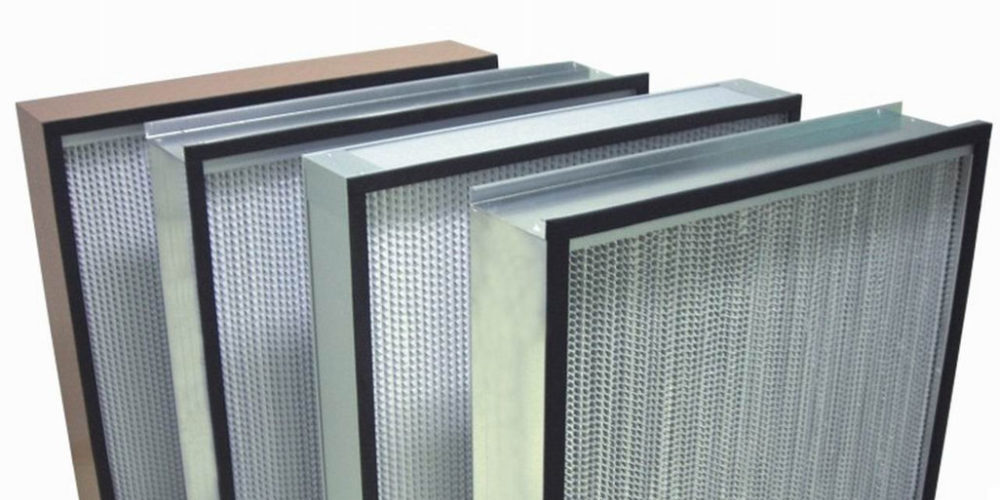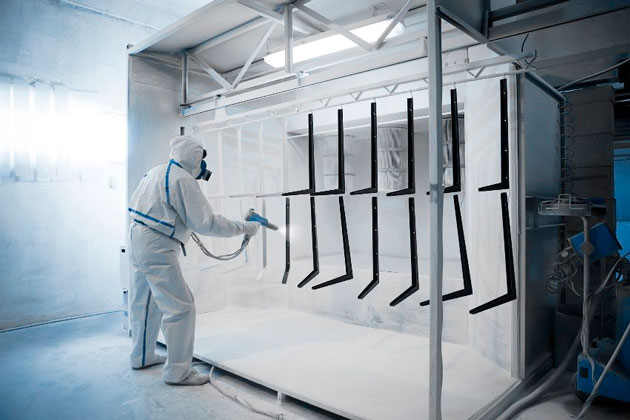Checking jet fuel is the main stage of pre-flight preparation of an aircraft. This is not only his calculation for the entire time he is in the air, but also an assessment of quality. You need to make sure that the fuel corresponds to the declared brand and does not have foreign impurities. A special tester is used for this. But what to do if the fuel contains debris. Special aviation fuel filters are used to process fuel. Types of filter units: hydraulic and fuel.
Content:
- What could cause fuel contamination.
- Types of filtration installations.
- Filters for purifying aviation fuel – the principle of their operation.
Purity is the main indicator of quality aviation fuel. The less contamination there is in the fuel, the better the fuel system will work, and the longer the units and aircraft engines will last.
Fuel travels a long way from the refinery to the aircraft. Its transportation is a long chain, in any link of which there may be a risk of quality violations. The main contaminants that can get into the jet fluid and disrupt the operation of the entire fuel system are considered to be water, solid particles, microbiological elements, and various types of impurities.
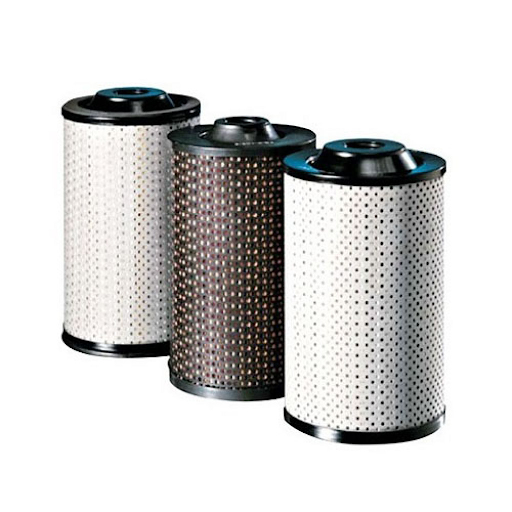
What could cause fuel contamination
Aviation fuel is 100LL or Jet-A (kerosene). They differ in color and smell, but both types are widely used. There are two things that should not be in any fuel, which is why filters are used to purify jet fuel.
Water. You must get rid of it before takeoff. Aircraft drain compartments are located under the fuel system. Water has more mass than kerosene, so it is lower in the tank and will flow out first. If there are bubbles in the tester where the fuel was drained for examination, it means there is water in the fuel.
Garbage. The reason for its appearance may be corrosion of the tank containing kerosene, or dirty fuel injectors. Therefore, kerosene must be drained into special settling tanks and further purified using filtration systems.
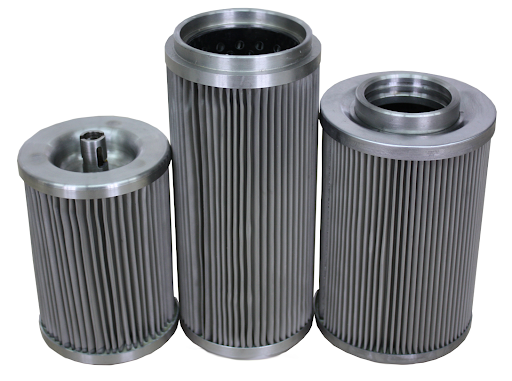
Types of filtration units
Purification of aviation fuel involves the removal of all components that affect the performance properties of the fuel. Aviation fuel filters are required for this procedure.
Depending on the scope and specifics of use, filter equipment can be of two types:
hydraulic;
fuel.
Let’s look at them in more detail.
|
Filter type |
Peculiarities |
|
Hydraulic |
Used to clean oils that enter the hydraulic drive from foreign particles. The hydraulic drive equipment will thus be protected from contamination. |
|
Fuel |
They process fuel and kerosene, ensuring long-term correct operation of the aircraft engine. |
Filters for purifying aviation fuel – the principle of their operation
Filters for purifying aviation fuel for aircraft are a multi-level scheme of parallel operating filters: coagulants and separators.
Filtration systems operate on a mechanical principle. Primary treatment is carried out using coagulant filters. They detect foreign particles up to 5 microns. The reactive liquid can then be filtered using other finer purification systems. Separators for aviation fuel filter out solid fragments with a fraction of up to 0.5 microns.
The next stage of purification is the processing of fuel to remove water.
Standard cleaning systems combine cartridges: coagulating and separating, but at some stages an absorbent cartridge is used as an additional filter element.
Clean fuel is not only the key to long service life of an aircraft engine, but also to the safety of pilots and the entire crew. The aircraft is properly prepared and inspected. Checking kerosene is one of the stages of this preparation.
